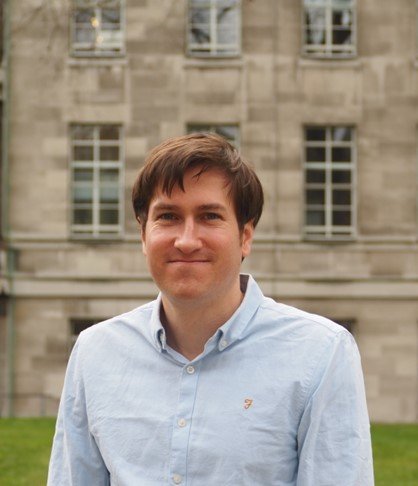The centrality of the margins: Borderlands, illicit economies and uneven development
Project Live
PROJECT TEAM
Professor Jonathan Goodhand
SOAS University of London
Jonathan Goodhand is a Professor in Conflict and Development Studies in the Department of Development Studies, SOAS, University of London. His research focuses on the political economy of armed conflict and post-war transitions with particular reference to borderlands, primarily in South and Central Asia.
Dr. Patrick Meehan
University of Manchester
Patrick Meehan is a Lecturer in Peace and Conflict Studies in the Humanitarian and Conflict Response Institute at the University of Manchester. His research addresses issues of violence, conflict and development. His work focuses particularly on Myanmar and the borderland and frontier regions of Southeast Asia, where he has conducted research for more than a decade.
PROJECT SUMMARY
This research project explores how conflict-affected borderlands are connected to development processes and wealth accumulation in metropolitan centres. The project’s starting hypothesis is that concentrations of violence, environmental stress, poverty and illicit activities in borderlands are a result of how these regions have been integrated into national, regional, and global political economies, rather than their ‘lack of’ integration. Maintaining borderlands as zones of liminality and illicitness can become functional for political and economic elites (in metropoles and borderlands), but in ways that continue to work to the disadvantage of borderland populations. The research addresses an important knowledge gap; we know little – in substantive and comparative terms – about how these vast supply chains operate at the global margins, and what ‘work’ they do in shaping processes of development in metropolitan centres.
Overarching research questions are as follows:
How do flows of commodities, capital, and people forge connections and interdependencies between borderlands and metropolitan centres?
How do these connections produce temporally and spatially uneven dynamics of accumulation, (in)security, poverty, and development?
What interventions and policy combinations can transform the connections between borderlands and metropolitan centres, to promote human security and equitable development?
Addressing these questions, the project aims to develop a detailed case study of the illicit corridor connecting Myanmar’s north-eastern borderlands to Kunming (China), tracking three forms of circulation – capital, commodities and people – that connect ‘the margins’ with ‘the metropole’, and the forms of brokerage and interventions that shape or regulate these flows.
This project aims to contribute to multilateral agency, government and NGO strategic decision-making and ways of working in response to borderland illicit economies, transnational organised crime and their impacts on development and security.
The project team comprises researchers based in the Centre for the Study of Illicit Economies, Violence and Development (CIVAD) at SOAS University of London, the University of Manchester and Myanmar.
PUBLICATIONS
-
Publications from this project will be posted here when available


